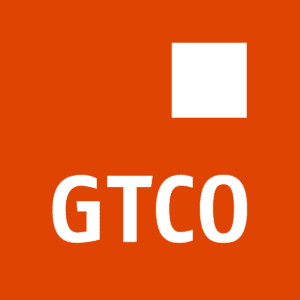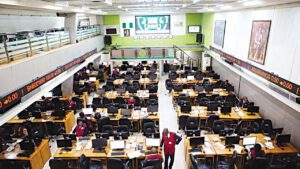Dangote Cement announces appointment of Halima Aliko-Dangote as Non-Executive Director
Dangote Cement Plc has announced the appointment of Ms. Halima Aliko-Dangote as a Non-Executive Director of the company.
The announcement was made via a disclosure signed by the company’s Secretary, Edward Imoedemhe and filed with the Nigerian Exchange Limited.
Ms. Aliko-Dangote’s appointment is to take effect from February 26, 2022.
Ms. Halima Aliko-Dangote is the Group Executive Director (GED), Commercial Operations of Dangote Industries Limited (DIL), one of the largest and most diversified business conglomerates in Africa encompassing manufacturing, Cement, Sugar, Salt, Poly-products as well as Logistics, Oil & Gas and Real Estate.
The combined market capitalisation of DIL subsidiaries is over $25 billion.
As the GED of DIL, Halima is responsible for leading the development and implementation of Dangote Group’s customer strategy to drive customer growth, improve customer relations, enhance the customer experience and increase long term customer value.
She is also responsible for the implementation of the Group’s shared services strategy with specific oversight for the following functions: Commercial, Strategic procurement, Branding & Communications and Corporate Services.
In her previous role, Ms. Dangote served as Executive Director of Dangote Flour Mills, where she led the successful turnaround and recent sale of the business at a higher than Market price.
Prior to then, she also served as Executive Director of NASCON Allied Industries Plc, a manufacturer of salt, seasonings and related consumer products. She continues to serve as a Non-Executive Director of NASCON.
Ms. Dangote is the President of the Board of The Africa Center (TAC) in New York, a uniquely focused centre, providing a forward-looking gateway for engagement with Africa via policy developments, business and culture. She is a Board member of Endeavour Nigeria and is a member of the Women Corporate Directors (WCD).
Ms. Dangote has over 13 years of professional experience and has held several Executive Management roles.




